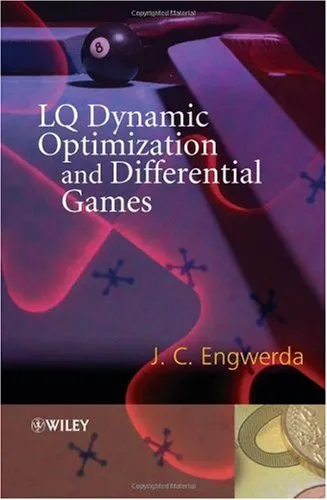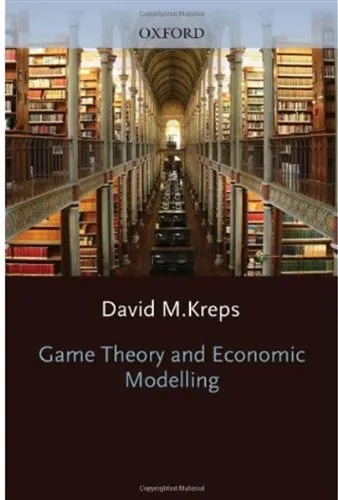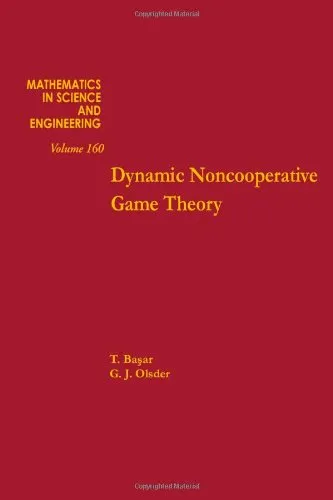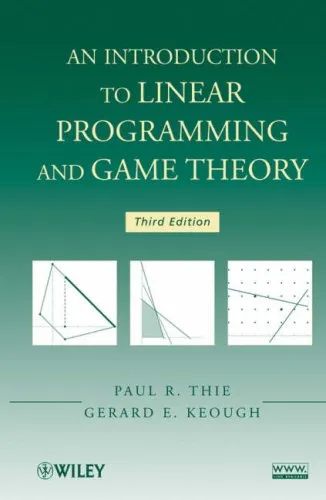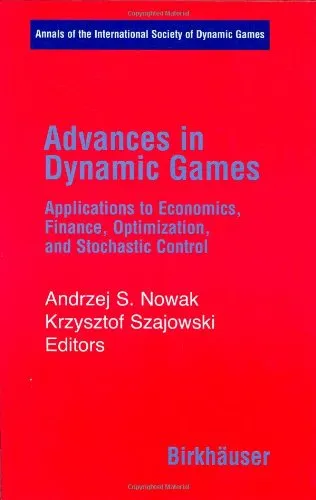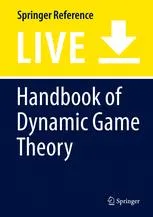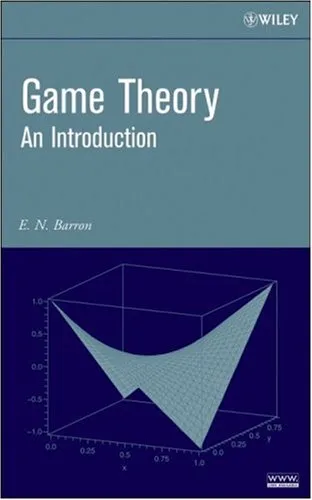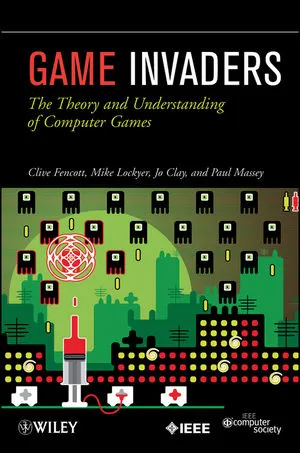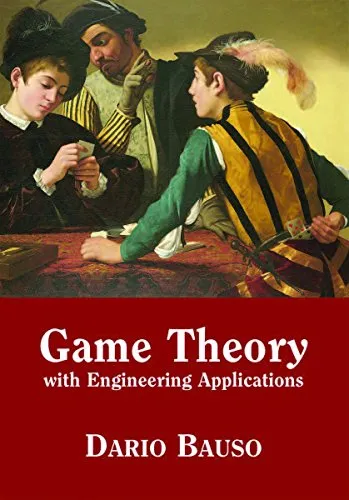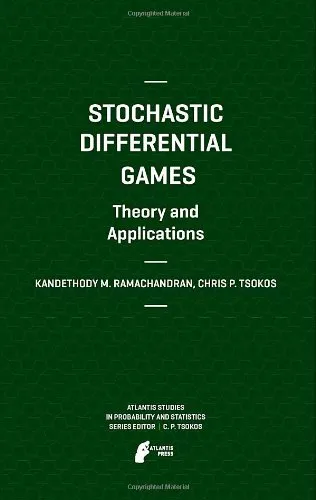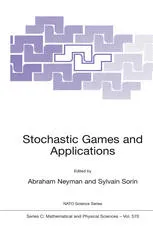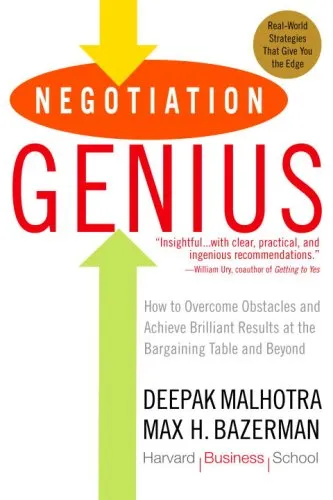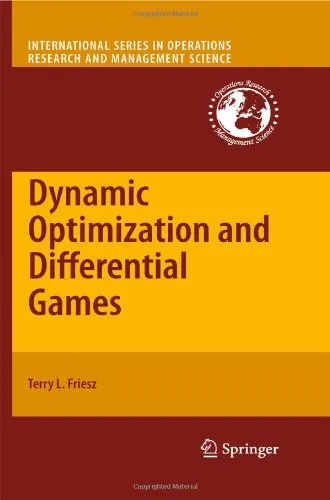LQ Dynamic Optimization and Differential Games
4.0
Reviews from our users

You Can Ask your questions from this book's AI after Login
Each download or ask from book AI costs 2 points. To earn more free points, please visit the Points Guide Page and complete some valuable actions.Related Refrences:
Introduction to 'LQ Dynamic Optimization and Differential Games'
Welcome to an in-depth exploration of modern techniques and concepts in the field of dynamic optimization and differential games! "LQ Dynamic Optimization and Differential Games" is a comprehensive guide designed to move beyond theoretical frameworks and delve into practical applications and methodological solutions. Blending a rigorous mathematical foundation with clear explanations, this book bridges the gap for researchers, practitioners, and students eager to master the concepts of Linear-Quadratic (LQ) Optimization and Differential Game theory.
In this book, I strive to present a cohesive narrative that revolves around understanding, designing, and implementing strategies for systems governed by linear dynamics and quadratic performance indices. By unifying insights from fields of economics, engineering, robotics, and control theory, the book caters to a wide audience spanning various academic and professional disciplines.
Detailed Summary
At its core, this text is an accessible yet exhaustive resource on LQ optimization and differential games. The book is divided into methodical chapters that begin by introducing the fundamental ideas behind optimization, both static and dynamic, before branching into understanding multi-agent and multi-objective perspectives in differential game frameworks.
The narrative begins with foundational mathematical principles, including linear algebra and differential equations, ensuring you have the tools needed for success. The first section provides detailed treatments of deterministic systems, offering insight into single-player optimization problems (optimal control) before progressing to multiplayer scenarios (game theory).
Later, the book delves deep into stochastic systems, introducing essential concepts like uncertainty modeling, feedback strategies, and Nash equilibria in games involving asymmetric information. Numerical solution techniques, approximations, and algorithms are covered extensively, ensuring the material is accessible not only to mathematicians but also engineers and economists dealing with real-world problems.
Another key feature is its breadth of practical examples. Ranging from industrial process optimization, financial portfolio management, supply chain coordination, and decision-making in robotics, the applications demonstrate the versatility of LQ optimization and differential game approaches across many fields.
Key Takeaways
- Understand the mathematical foundations of LQ optimization and dynamic games, including matrix algebra, differential equations, and optimization theory.
- Learn techniques for solving deterministic and stochastic optimization problems in both single-player and multiplayer systems.
- Gain in-depth knowledge of Nash equilibria, optimal control, adaptive feedback design, and dynamic strategies under uncertainty.
- Master numerical methods and algorithms tailored to solving complex, real-world dynamic problems systematically and efficiently.
- Explore real-world case studies to comprehend the transformative impact of these techniques in engineering, economics, and beyond.
Famous Quotes from the Book
"The elegance of Linear-Quadratic optimization lies not just in its mathematical structure but in its universal applicability across disciplines."
"To solve a differential game is to understand the balance between collaboration and competition, a dynamic that governs much of human and artificial intelligence behavior."
"Optimization is not about finding solutions for today but designing strategies with foresight for tomorrow."
Why This Book Matters
This book matters because it offers a unique blend of theoretical depth and practical relevance. As fields like artificial intelligence, robotics, economic decision-making, and autonomous systems evolve, understanding the interplay between optimization, dynamics, and strategy becomes increasingly crucial. LQ techniques and differential games are at the heart of many modern technologies: from designing resilient supply chains to enabling autonomous vehicles to make decisions in uncertain environments.
By presenting clear methodologies and focusing on real-world applications, this book empowers readers to bridge the gap between theoretical modeling and practical implementation. It sets a strong foundation for further exploration in more advanced areas, such as non-linear dynamics and cooperative game theory, while remaining rooted in accessible yet powerful ideas that address pervasive challenges in the modern world.
For researchers, students, and practitioners alike, this book provides the tools and insights needed to drive innovation, solve pressing issues, and understand the underlying dynamics of systems that shape our daily lives.
Free Direct Download
You Can Download this book after Login
Accessing books through legal platforms and public libraries not only supports the rights of authors and publishers but also contributes to the sustainability of reading culture. Before downloading, please take a moment to consider these options.
Find this book on other platforms:
WorldCat helps you find books in libraries worldwide.
See ratings, reviews, and discussions on Goodreads.
Find and buy rare or used books on AbeBooks.
1346
بازدید4.0
امتیاز0
نظر98%
رضایتReviews:
4.0
Based on 0 users review
Questions & Answers
Ask questions about this book or help others by answering
No questions yet. Be the first to ask!
